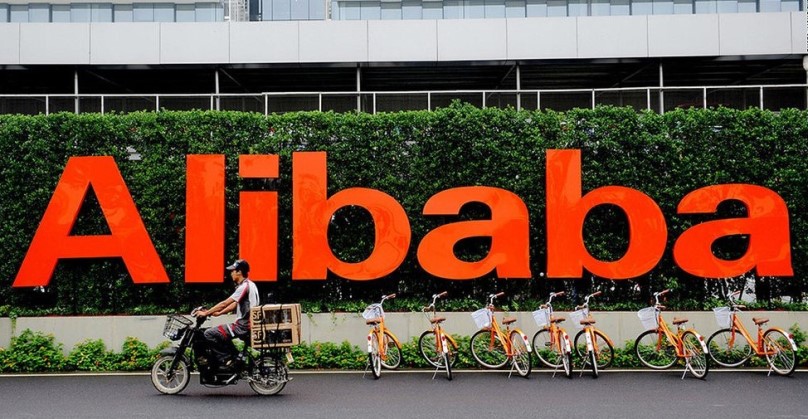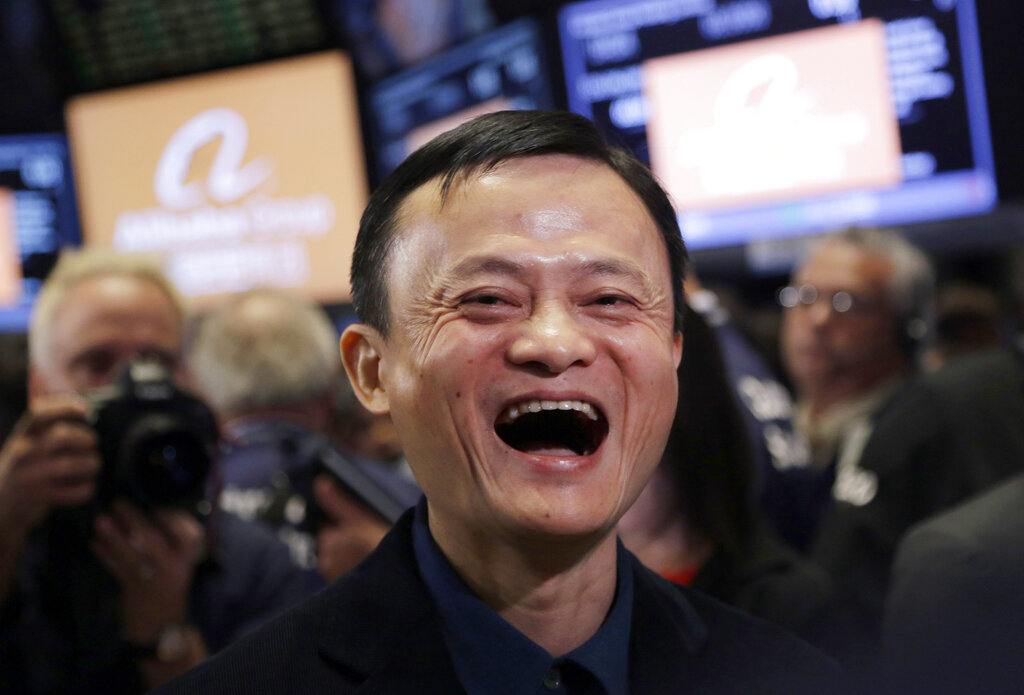
Around three months after Alibaba Group (09988, BABA) announced its historic restructuring plan to split itself into six business units, the e-commerce major announced a management reshuffle.
This appointment aligns with the expectation that Alibaba will spin off its cloud unit via a distribution to shareholders through stock dividends over the next 12 months. Daniel Zhang will step down from the role as Alibaba Group’s executive chairman and chief executive officer. He will be reappointed as the CEO and chairman at the Alibaba Cloud Intelligence Group.
Alibaba’s Next Potential IPO: Cloud Intelligence?
Chelsey Tam, senior equity analyst at Morningstar, believes that Zhang’s new appointment will allow him to focus on reaccelerating Alibaba’s slowing cloud revenue, capturing opportunities with generative artificial intelligence and preparing its initial public offering (lPO).
Additionally, these shifts will enhance the Cloud Intelligence Group's independence from Alibaba Group. Tam adds: “In our view, [being independent from Alibaba Group] increases the probability of Alibaba Cloud Intelligence Group winning business from companies that compete with any of the businesses at Alibaba Group. Customers are more likely to believe that Cloud Intelligence Group will not share customers' data to Alibaba Group.”
In the future, Tam says corporate governance in the cloud unit can be further improved by a separation of the CEO and chairman roles, which Zhang is holding.
Tam retains the current fair value estimates assigned for Alibaba Group, which is HK$ 171 for the Hong Kong listing and US$ 177 for the ADR listing. The stock earns a 5-star rating, trading a discount of around 50%.
Alibaba Appoints New Chairman and CEO
Eddie Wu, chairman of Taobao and Tmall Group and one of the cofounders of Alibaba, will succeed Zhang as CEO and replace him on Alibaba's board of directors on Sept. 10, 2023. Another co-founder and the current executive vice chairman, Joseph Tsai will succeed Zhang as chairman of Alibaba Group on the same date.
Tam comments: “We like the improved corporate governance at Alibaba Group as the role of chairman and CEO will be separated. Together with CFO Toby Xu, we think Wu will determine the amount of working capital for each business group before they become independent under the restructuring plan and determine the timeline for them to be fully independent. He will also be responsible for the long-term development of Alibaba Group and the return of capital to shareholders.”
In March, the market cheered the restructuring plan. Tam says a leaner structure is a positive for Alibaba’s shareholders. In the past, Alibaba's unprofitable businesses could subsidize their losses and rely on cash from the other, more profitable parts of the business. “Now, unprofitable businesses will be pushed to strive on their own. This should boost the capital allocation efficiency of Alibaba Group companies,” explains Tam, adding that there should be more transparency in the financials of each of these business groups.
E-Commerce Business Focus Shifts While Restructuring Is Underway
Alibaba’s management is reportedly allocating more resources to Taobao, smaller merchants, and value-for-money products versus Tmall, which houses larger merchants and brands, according to a media report from LatePost on June 19.
“We suspect the move to focus on Taobao could shift a larger share of traffic, which is the exposure of the merchandise to users, to Taobao,” Tam says.
For the near term, a decline in advertising revenue from brands and internal adjustments on performance gauges will place the platform’s near-term earnings under pressure.
Tam says: “Time spent on the app and the number of daily active users will be more important key performance indicators compared with gross merchandise volume and monetization. Therefore, staff will need time to adjust their focus and goals, which may put pressure on earnings in the near term, similar to what we expect at JD.com (JD).”
In the long run, though, Tam thinks the move is positive to Alibaba’s share price as there is room for small merchants to increase monetization. The strategy should also boost Alibaba’s long-term competitiveness and supports its wide moat rating assigned by Morningstar.
For example, rival PDD Holdings (PDD) has raised its take-rate, the commission fee charged by a marketplace for a transaction it facilitates on its platform, to an estimated 3.80% in 2022 from 2.99% in 2019. Alibaba should see a slower market share loss after a year. Another margin-positive factor will be any meaningful layoffs over the near term.
Pending additional details, Tam also maintains the fair value estimate and earnings forecast for Alibaba.











.png)


.jpg)





